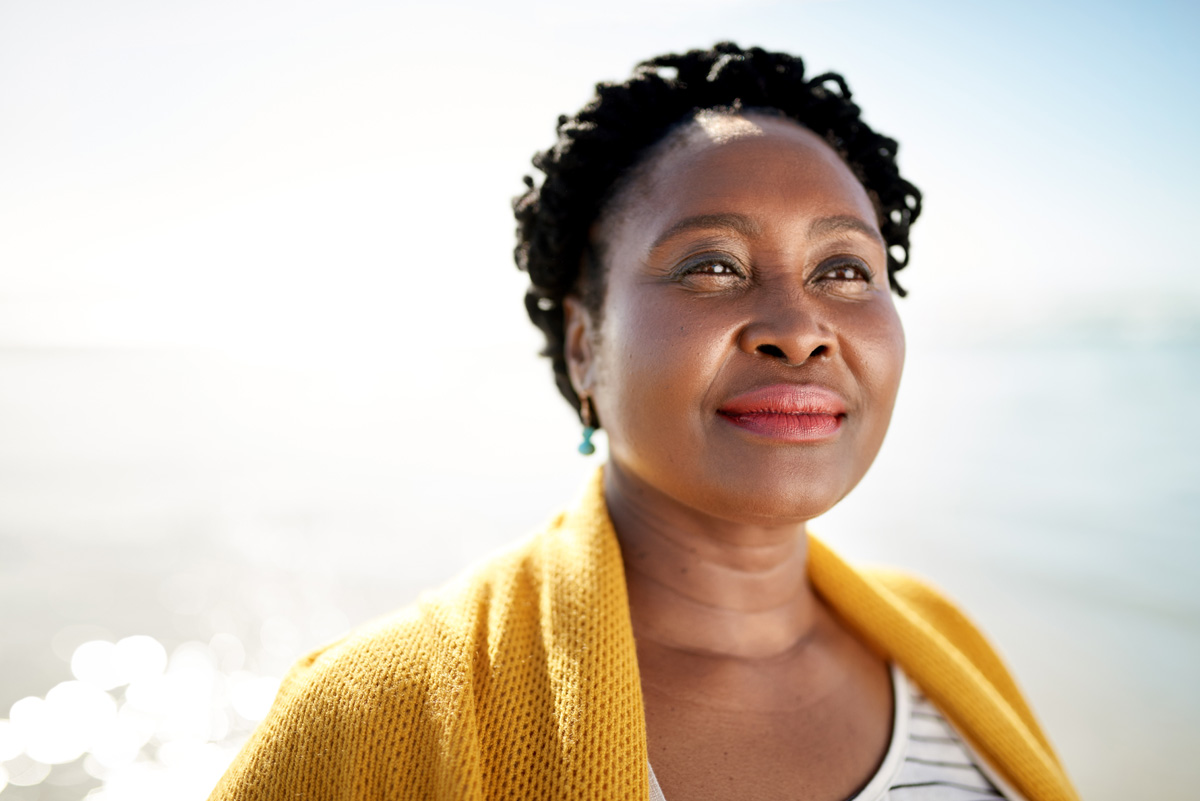- Patients
- Cancer diagnosis
- Pathology tests
- Blood tests

Blood tests
Your consultant may order a blood test following a consultation or as part of your treatment pathway with us. Please note we only perform bloods tests for our current patients or those attending one of our diagnostic clinics.
What is a blood test?
A blood test is a collection of experiments on a sample of your blood which are analysed in a laboratory. We use them to look for cancerous cells and substances indicative of cancer, or to see how certain body organs are functioning, such as the kidney or liver.
Blood tests are simple procedures. Your consultant or a nurse will insert a needle into one of your veins, usually in your arm or elbow, and a small amount of blood is extracted into a small bottle. The contents are then sent off to be analysed and the results sent back to your consultant.
Your consultant may suggest a blood test to diagnose a cancer, monitor how your cancer is responding to treatment, or check whether a cancer has come back. It could also be part of a general health check.
We’re open and continuing to diagnose and treat without delay. Additional measures are in place throughout our centres to ensure your safety during your visit.
Visit a diagnostic clinic
If you're worried about symptoms, you can visit one of our diagnostic clinics to get fast, direct access to a consultant and diagnostic tests and scans so you can get answers as soon as possible. Your consultant can then arrange any blood tests, scans or investigations that you need.
Why do I need a blood test?
Blood tests can be used to help diagnose many different types of cancers, and your consultant may recommend a blood test if you have:
- Changes in your urological health – such as pain during urination, loss of bladder control and blood in your urine
- Changes in bleeding – including bleeding gums or nosebleeds
- Changes in bowel habits – such as blood in your stools, diarrhoea, constipation, and stomach pains
- A new lump or visible changes to your skin
- A general feeling of poor health – including loss of appetite, fatigue, nausea, vomiting or weight loss
What blood tests are there for cancer?
There are different types of blood tests and you may need more than one. These include:
- Complete blood count (CBC test) – to measure the number of red blood cells, white blood cells and platelets in your blood
- Kidney function test – waste products from the body such as urea and creatinine travel to the kidneys through blood to be excreted in urine. A kidney function test measures the levels of waste products in the blood to give us an idea of how well your kidneys are working. If there are high levels of urea and creatinine in your blood, it’s an indication that there may be something wrong
- Liver function test – a liver function test analyses how well the liver is working by looking at the levels of enzymes in your blood. The test can be used to measure a type of protein called albumin – low levels of this may indicate you have a particular type of cancer
- Tumour marker test – tumour markers are substances that are found in high levels if you have a cancer. They’re usually proteins and can be found circulating in the blood. Common tumour marker tests include:
- PSA (prostate-specific antigen) for prostate cancer
- AFP (alpha-fetoprotein) for germ cell tumours and some primary liver cancers
- CA125 for ovarian cancer
- CA15-3 for breast cancer
Your consultant may suggest other blood tests depending on your symptoms. This could be to look at your chromosomes or other substances such as hormones.
What happens at a blood test?
You’ll usually need no preparation for a blood test for cancer, but in some instances your consultant may ask you to fast before your appointment. Your consultant will discuss this with you when your test is booked.
You’ll either lie or sit down for your test. Your consultant or a nurse will place a tight band around your arm above the area your sample will be taken from. They’ll clean your skin with an antiseptic wipe and insert a small needle attached to a syringe into your vein – you may need to clench your fist to make it easier for them to find a vein. Then they’ll draw out the blood samples.
You may feel a slight scratch as the needle goes in but it shouldn’t be too painful. If you’re afraid of needles or feel unwell at the sight of blood, please let us know beforehand. Very occasionally people may feel faint or dizzy during the test or just after. If this happens inform the consultant or nurse.
The overall procedure should only last a few minutes and a dressing will be applied to the area to help prevent any further bleeding or bruising afterwards.
You may be able to get your blood results on the same day as your test. However, in some cases you’ll have to wait a little longer. We will let you know your results as fast as we can so you can have peace of mind or start planning the next steps of your care as soon as possible.
Read next

Doctors
Our doctors
GenesisCare works with many leading and experienced cancer doctors who share our commitment to providing excellent patient care

Centres
Our centres
With 440 centres across the world, we're continuing to diagnose and treat without delay, bringing specialist care closer to our patients in the UK, Spain, Australia and the US.

Cancer care
Exploring cancer care
We are the UK’s leading private provider of advanced radiotherapy and cancer care. We offer fast access to the latest technology and treatments that has been proven to make a difference.

Cancer care
How can we help?
Accessing world-class cancer care is easier than you think. Follow these easy steps to get treatment, tests and scans, or a second opinion at GenesisCare, and find out the different ways of funding your cancer care.

Patient support
Patient stories
We believe patients can be our teachers and trusted advisers, benefiting from their unique experiences.
Make an enquiry
Contact us today if you have any questions or want to know more about private cancer care at GenesisCare. Call us on 0808 304 2332